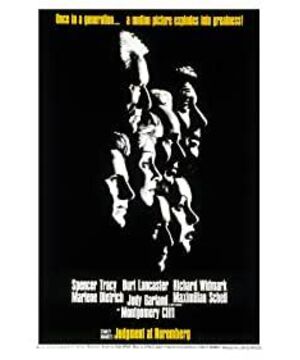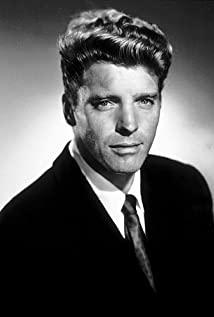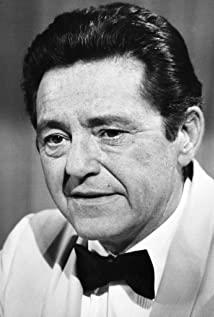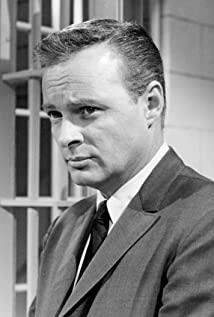Personally, this is a very serious movie with basically no background music. The court debate is the highlight of this movie, and the defendant’s performance is very good. An obvious theme in the film is whether the defendant is guilty or not. This theme is vividly expressed through the wonderful debates between the prosecution and the defense. However, the film also implies a more grand and profound theme, which is whether to uphold justice in the face of politics and rule in Hitler. During the period, it was obvious that as the defendant, the German Minister of Justice Jiang Ning, the judge who carried the hope of justice fell under the political evening dress, and the trial judge Heywood of this film also faced tremendous political pressure and public opinion pressure. In order to use Germany as a forward position against the Bolsheviks, high-level US officials hope to please the German people. The immediate way to please Germany is to acquit Jiang Ning, the attorney general who is in important position in Germany, and Judge Heywood accepts it. Under tremendous pressure, he made the most just guilty verdict. At the end of the film, in Jiang Ning’s cell, Judge Haywood received the respect and approval of Jiang Ning, who was found guilty. Jiang Ning knew how difficult it is to comply with inner justice in the face of strong political pressure, because he did not do it. Only at this point will he become a criminal with serious sins. When Jiang Ning thought that he did not know that unjust judgments would cause thousands of Jews to be cruelly deprived of their lives, Judge Haywood's answer was intriguing: "It came to that the first time you sentenced a man to death you knew to be innocent"
View more about
Judgment at Nuremberg reviews











